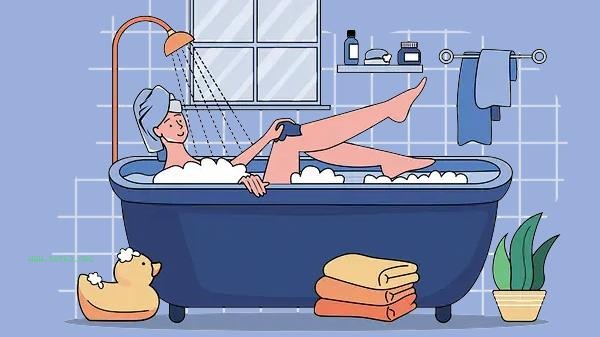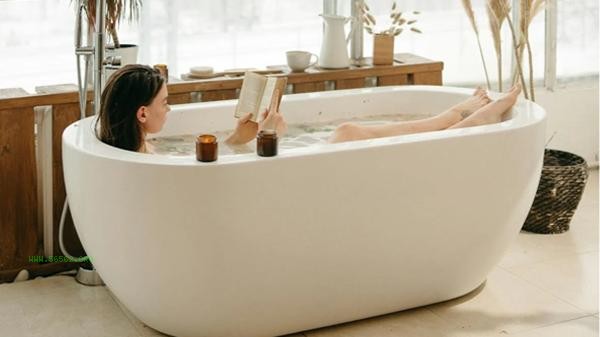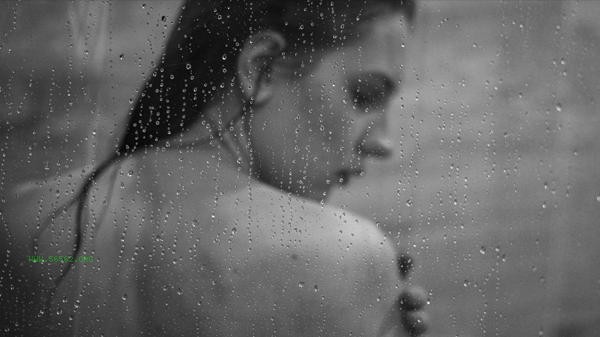Not taking a shower frequently may lead to skin infections, increased body odor, clogged pores, and other issues. The main effects of not taking a shower include damage to the skin barrier, accelerated bacterial growth, sweat accumulation irritation, thickening of the stratum corneum, and decreased immune defense.

1. Damaged skin barrier
The sebum membrane and beneficial bacteria on the surface of the skin are natural protective layers. Long term uncleanliness can damage this barrier, causing dry and flaky skin, and making it easier for external pollutants to invade. It is recommended to use mild and weakly acidic bath products to avoid excessive rubbing.
2. Accelerated bacterial growth
There are approximately millions of microorganisms per square centimeter on the surface of the skin. Sweat and sebum accumulation can disrupt the balance of the microbiota, leading to the proliferation of pathogenic bacteria such as Staphylococcus aureus, which may cause folliculitis or furuncles. The risk of wrinkling areas such as armpits and groin is higher.
3. Accumulation of sweat stimulation
Urea and salt in sweat continuously irritate the skin, which may induce rash or sweat rash. When not cleaned in a timely manner after exercise, friction between sweat and clothing can easily lead to itchy erythema. Diabetes patients should pay more attention to avoid secondary infection.

4. Thickening of the stratum corneum
The inability of old dead skin cells to shed normally can lead to the accumulation of scales, which affects the metabolic function of the skin. Cracked keratin hyperplasia may occur in areas such as the sole and elbow, and in severe cases, painful cracks may appear. Regular exfoliation helps maintain skin softness.
5. Decreased immune defense
As the first line of immune defense, insufficient cleansing of the skin can lead to impaired function of Langerhans cells. Children or the elderly may have an increased risk of developing allergic diseases such as eczema and dermatitis as a result. There is also a risk of systemic infection when merging skin injuries.

It is recommended to develop a daily cleaning habit and keep the water temperature around 38 ℃. After exercise or in high temperature environments, it is necessary to rinse in a timely manner, with a focus on cleaning sweat prone areas such as armpits and perineum. Choosing soap free shower gel can reduce skin irritation, and applying moisturizer within 3 minutes after bathing has the best effect. Skin disease patients should adjust their bathing frequency according to medical advice, and use medical dressings for protection when combined with open wounds.








Comments (0)
Leave a Comment
No comments yet
Be the first to share your thoughts!